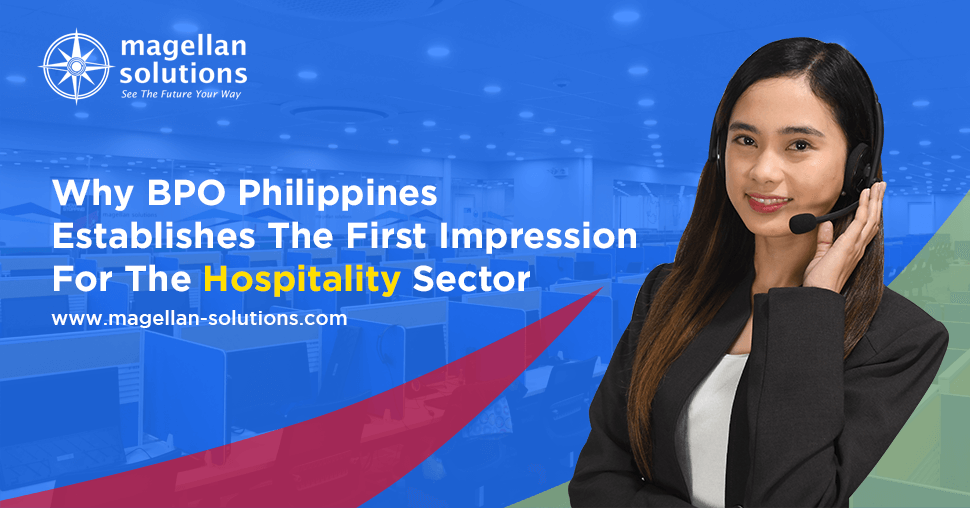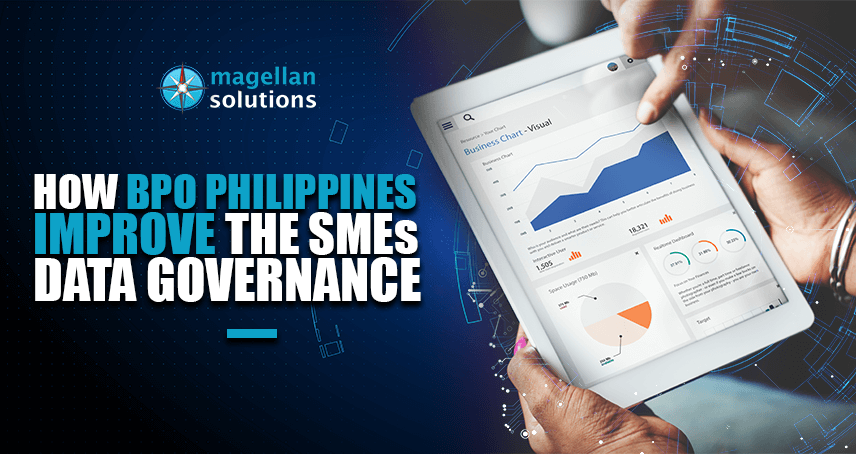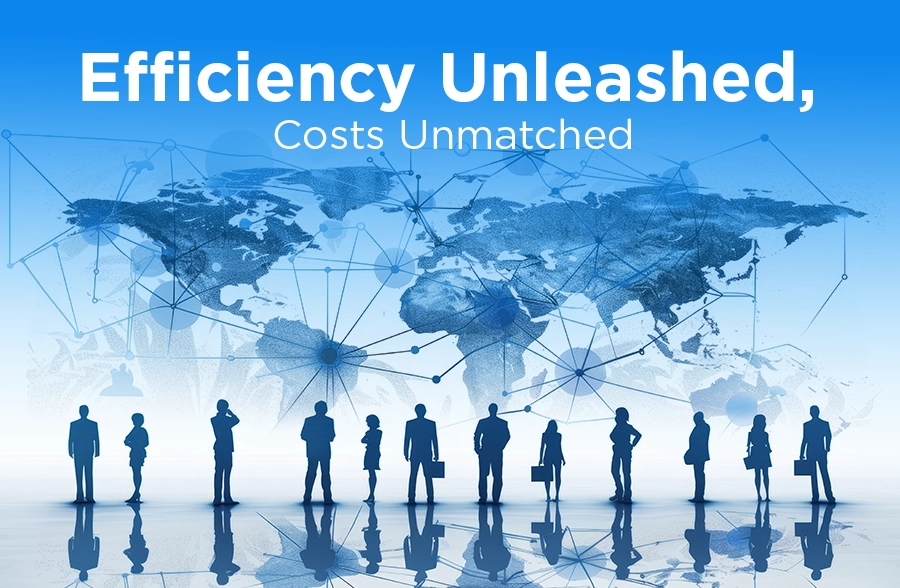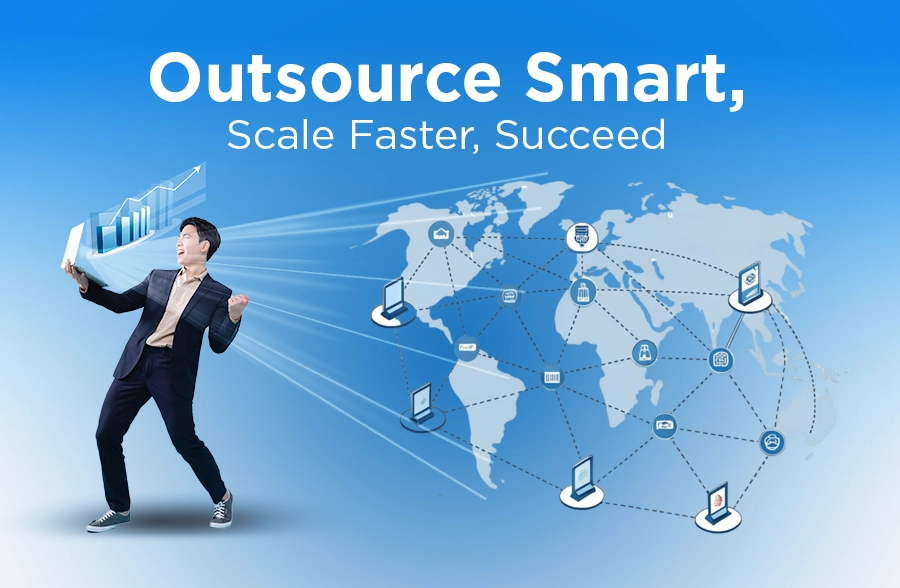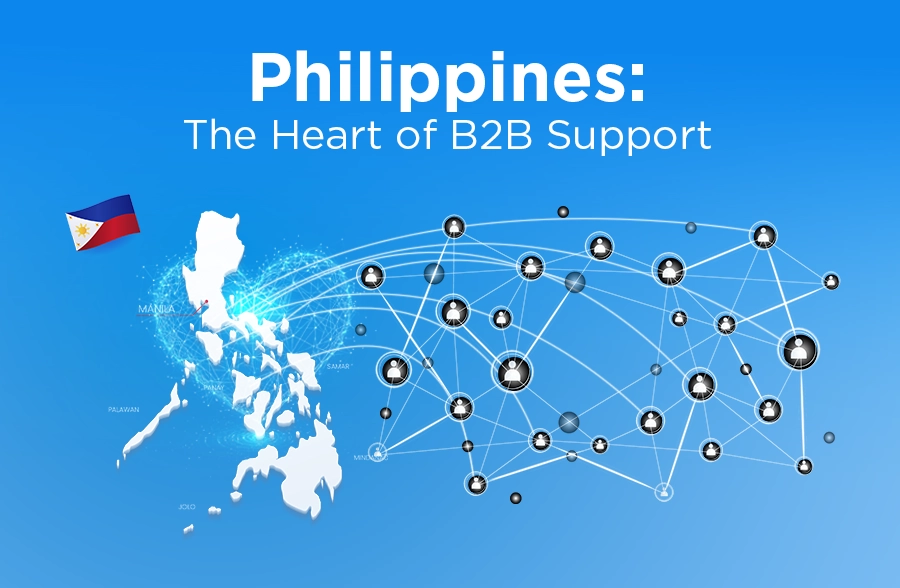Schedule a FREE call with our outsourcing expert now and get a precise quotation that meets your requirements. Don't wait - get started today!
Data Governance is Critical for SMEs Wherein BPO Philippines Helps to Improve
Competitive organizations from industry players to startups and SMEs utilize BPO Philippines when it comes to data management services.
Businesses of any size use these services to establish reliable measures to maintain the ability of their data.
BPO companies in the Philippines provide data management services from simple data entry jobs to more complex ones like data analytics.
What is Data Governance?
When it comes to corporate systems, data governance (DG) refers to the process of ensuring that the information is readily available, usable, and secure. It is based on internal information standards and regulations that also restrict data consumption. Effective data governance guarantees that data is consistent and trustworthy and that it is not manipulated or misrepresented. With the introduction of new data privacy legislation and the rising reliance on data analytics to assist organizations in optimizing operations and driving corporate decision-making, it is becoming increasingly important.
Typically, a well-designed data governance program includes a governance team, a steering committee that serves as the governing body, and a group of data stewards that work together to protect and improve data quality. They collaborate to develop standards and policies for data governance, as well as implementation and enforcement procedures, which are generally carried out by data stewards in their respective organizations. In addition to the IT and data management teams, executives and other officials from an organization’s business activities are invited to participate.
According to Gartner analyst Andrew White in a blog article published in December 2019, while data governance is a critical component of an overall data management strategy, organizations should prioritize the desired business objectives of a governance program over the data itself. It is explained in detail in this thorough reference on data governance, including what it is, how it works, the business benefits it brings, and the obstacles associated with data governance.
Why Data Governance Matters?
Data is, without a doubt, the most valuable asset that every organization possesses. When data governance is implemented, it helps to ensure that data is useable, accessible, and secure. The implementation of effective data governance leads to improved data analytics, which in turn leads to improved decision-making and improved operations support.
It also assists in avoiding data inconsistencies or inaccuracies in data, which can result in data integrity concerns, poor decision-making, and several organizational issues, among other things.
Regulatory compliance is another area in which data governance is critical, as it ensures that firms are constantly compliant with all levels of regulatory obligations. This is essential for avoiding risks and lowering operating expenses.
The key principles of data governance are that it leads to enhanced data quality, decreased data administration expenses, and increased access to data for all parties involved. As a result, better decisions are made, and better business outcomes are achieved.
Who is Involved in Data Governance?
As you might expect, having a strong data governance team is a vital component of this process and ensuring that it’s an effective process. While every team looks a little different, some critical positions to include in a data governance team are:
- A data manager, who is responsible for managing the creation and implementation of policies and procedures and for staffing the data governance team. In some firms, this is the chief data officer, yet many decide to establish a dedicated post for the manager of data governance.
- A data governance architect, who is responsible for oversight of designs and execution.
- A data strategist, who establishes and implements strategic plans.
- A compliance specialist, who guarantees compliance with all regulatory criteria.
In addition to the core governance team, stakeholders for data governance include the board of directors, financial executives, operations, marketing, sales, the CIO, and IT management. Involving all stakeholders in the process is a crucial aspect of the process and can lead to better outcomes.
How SMEs Can Improve Their Data Governance Through Data Management Outsourcing
Data governance means planning, oversight, and control over the management of data and the use of data and data-related sources.
This goes hand in hand with data management. Something that has a direct impact on the finances, marketing strategies, campaigns, and customer service of an organization.
However, in the context of SMEs, these are the hindrances that may not allow them to maximize the full potential of their data:
- Lack of resources such as limited personal capabilities and skills
- Outdated technologies or tools
- Budgetary restrictions
Outsourcing companies in the Philippines provide a cost-effective alternative for SMEs to ensure they can use their data and information to their advantage. Outsourcing enables SMEs to transfer data requirements to qualified data scientists and analysts. People who possess the assets and expertise needed to organize your business’ data.
Also, companies that outsource to the Philippines enjoy the constructive intellect on data administration and utilization these outsourcing partners provide. Which leads to an increase in the overall quality control of an SME’s data governance.
The goal of Data Governance for SMEs When They Get Data Management Services from Outsourcing Companies in the Philippines
Data governance involves the management of data security, availability, integrity, usability, maintenance, and control of its properties.
When you partner with BPO Manila Philippines for these requirements, it should be clear that they are here to help you establish the following:
- Methods, set of responsibilities, and processes to standardize
- Integrate, protect, and store business data and information
Common goals for SMEs when it comes to data governance are the following:
- Minimize risks
- Establishment of internal rules for data use
- Implementation of compliance requirements
- Improvement of internal and external communication
- Increase the value of data
- Facilitate the administration of data
- Cost reduction
- Ensure the continued existence of the business through risk management and optimization
These all boil down to three critical concerns when it comes to quantity and quality control of data governance:
- Ensure data availability
- Ensure data consistency
- Ensure data security and law compliance
Business Process Outsourcing Industry in the Philippines’ Benefits of Data Governance for SMEs
As a practice, BPO Philippines establishes systematic and formal control over data processes and responsibilities.
On the data management side, here are the following benefits for SMEs:
- More comprehensive decision support from consistent and uniform data across the business
- Well-defined rules for changing processes and data that help owners and IT to be more scalable and agile
- Cost reduction in some areas of data management through the provision of central control mechanisms
- Increased efficiency with the capability to reuse processes and data
- Improved confidence in data quality and data processes documentation
- Improved data regulations compliance
While on the business management side, here are the benefits:
- Ability to gain more insight and high-quality information from your organized business’ data
- Agile response to data changes and trace required data with accuracy throughout its stages
- Data coherence, reliability, and accuracy from more complex data sets
- Quality control across data usage throughout the business
- Better decision-making capabilities based on trustworthy insights to properly assess risks and opportunities in the future
- Better integration and knowledge sharing across the entire infrastructure
- Faster resolution of potential data analysis and issues
- Use of data to create a comprehensive overview of the business’ performance
5 tips for SMEs as you create the right data governance framework together with BPO Philippines
We list here excellent tips to take into consideration when you partner with any BPO companies in Metro Manila for your data management services.
- Respect the value of your data
- Understand the difference between governance and management
- Avoid being too technical or creating a complicated framework that only IT people can understand
- Failure is inevitable building your framework but strive to do so
- Involve your staff with the process and the technology
Magellan Solutions Provides Perfect Fit Data Governance Solutions for SMEs
Our 18 years in the industry are filled with successful delivery of data management services from industry players to SMEs. As a company that focuses on excellent services for SMEs in BPO Manila Philippines, we are here to help you establish the right strategy for you.
We have a roster of employees who can provide services for simple tasks such as data entry to data analytics. Our infrastructure is here to support whatever your requirements are.
Magellan Solutions strives for the best services all the time. Not to mention, we are ISO 27001-certified and HIPAA-compliant. We take pride in ensuring that your data and information are protected at all times.
Contact us today and let us help you improve your business and how you managed it based on accurate and consistent data. Fill up the form below!


